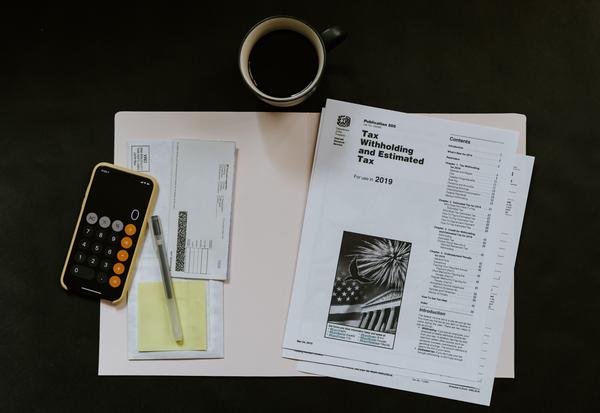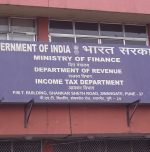How to Claim TDS Returns Beyond Deadlines

In the realm of taxation, the concept of Tax Deducted at Source (TDS) plays a pivotal role, involving deductions made during payments like salaries, bank deposit interests, and rent.
Often overlooked, TDS refunds can serve as a lifeline for taxpayers, ensuring they receive back the excess tax paid when their final tax liability falls below the TDS amount.
However, a clause in the Income Tax (IT) rules raises the curtain on a path less traveled, allowing taxpayers to claim TDS refunds even after the Income Tax Return (ITR) filing deadline has elapsed.
Exceptions do exist, although sparingly. Section 119(2)(b) of the IT law emerges as the saviour, empowering the Central Board of Direct Taxes (CBDT) to extend the window for TDS refund claims, exemptions, deductions, or reliefs under the Act.
A pivotal factor is genuine hardship faced by the taxpayer, which leads to non-compliance.
The might of section 119 extends to Circular No. 9/2015 from CBDT, a guiding light presenting thresholds and guidelines for authorities to entertain refund claims.
Principal Commissioners and commissioners of Income Tax wield powers over claims up to ₹10 lakh, while the Principal Chief Commissioner takes the reins for claims between ₹10 lakh and ₹50 lakh.
Beyond this, CBDT steps in for claims surpassing ₹50 lakh.
This umbrella extends over all PAN-holding taxpayers, including individuals, companies, trusts, and HUFs, provided they meet the stipulated criteria.
These taxpayers can flex this provision to claim refunds in cases of excess tax payments due to unclaimed deductions, non-carry-forward of eligible losses, or court rulings in their favour.
Filing such a claim demands a manual application directed to the relevant jurisdictional authorities, conveying genuine hardship as the reason for belated compliance.
Although a prescribed format is absent, evidence substantiating the claim is vital.
In the event of further inquiries, the taxman issues notices, which can be traced on the Income Tax portal.
Should the application pass muster, filing the ITR under section 119(2) follows through the e-filing tab. On rejection, the High Court opens its doors to writ petitions.
Online, the ‘condonation request’ offers a digital alternative, though the specific tab remains under construction.
A time constraint lingers, with a leeway of up to six years beyond the relevant assessment year for filing condonation claims.
In the intricate labyrinth of taxation, TDS refunds beyond deadlines emerge as a ray of hope for taxpayers.
With section 119 as the guiding compass and genuine hardship as the driving force, the quest to reclaim excess paid taxes continues beyond the ticking clock.
Photo by Kelly Sikkema on Unsplash (Free for commercial use)
Image Reference: https://unsplash.com/photos/G_91H-3qZOA










Leave a Reply